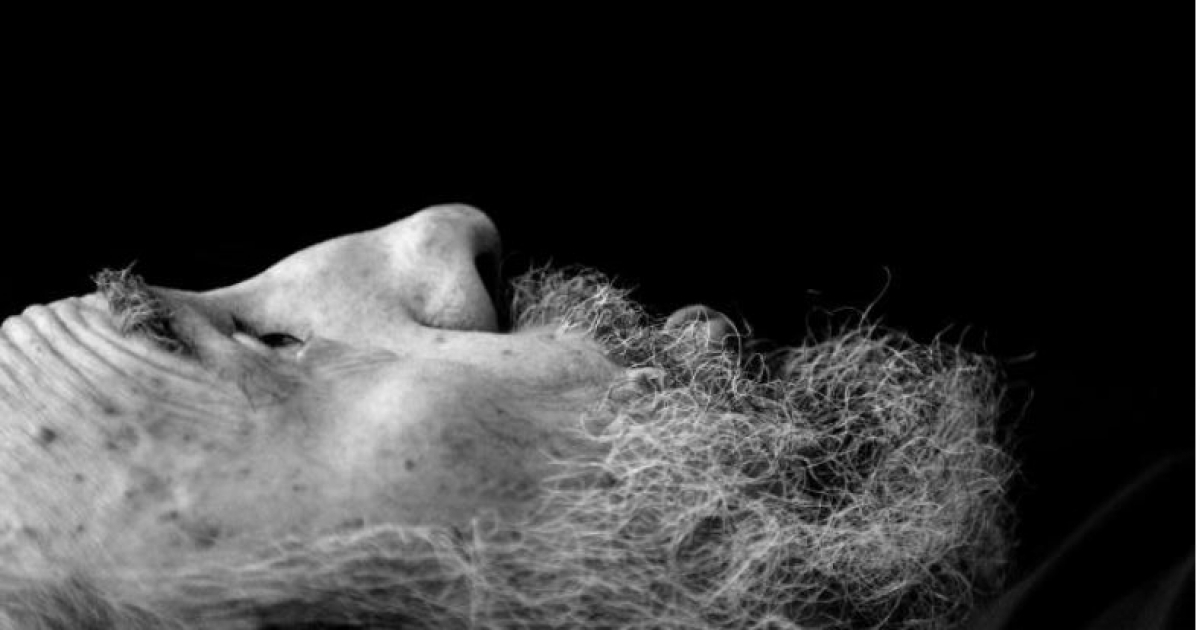It was entirely predictable that on Tuesday, August 13, Granma would commission one of its official journalists to sing new praises to dictator Fidel Castro, who would have turned 98 years old today if he hadn't passed away on November 25, 2016, while contemplating longevity under a moringa tree. For this purpose, the official organ of the Communist Party of Cuba (PCC) turned to Pastor Batista Valdés, their correspondent in Las Tunas. Gratefully, he extolled the civic and patriotic virtues of the absent, yet not deceased, leader.
"What would Cuba have been without Fidel?" Pastor pondered, using this forced question to sketch a portrait of the dictator that didn't tread familiar paths. Millions of Cubans would take less than a second to answer such a question, and they would agree unanimously. They would shout in unison: "We would be better off!" First and foremost, Cuba without Fidel would still be Cuba, because, no matter how much the palace propagandists and PCC indoctrinators have shouted, Cuba is not Fidel, and Fidel is not Cuba.
Therefore, Cuba without Fidel would have been a living nation, perhaps under construction, seeking greater freedoms but with all the instruments of a democracy and a rule of law, driven by a vibrant, pluralistic civil society conscious of its rights and liberties. All of that disappeared after Castro came to power.
A Portrait of Fidel by Pastor Batista Valdés
But let Pastor answer his own question with his peculiar stylistic twists. Fidel "was born to be Him," Pastor says. His mother knew it "when she saw the beautiful man she had brought into the world," but "probably, in some anticipated way, history itself also knew."
But what would Cuba have been without Fidel? Here, Pastor doesn't wax poetic but resorts to the standard indoctrinated historical narrative and responds as expected: we would be the "backyard" of the United States. The PCC pamphleteers never approach the issue from another perspective: Cuba's relations with the United States were those of a neocolony, period.
Therefore, "it is easy to imagine" what Cuba would have been without Fidel: "it would have continued sinking into the depths of hell."
Then Pastor takes out his trowel and starts weeding the old moringa plant that the dictator planted in the minds of his followers. Fidel was resistant to "political corruption, servility to the empire, and the betrayal of the nation." He was always characterized by "honesty, a spirit of sacrifice, attachment to the humble, perseverance, and the ability to hold firm to arms and principles against anything and anyone." And so on.
"A fleeting love, perhaps a moonbeam filtered through wood or an open-sky window, brought to the world one of humanity's most transcendent beings. Such is Cuban gratitude that torments the ungrateful," Pastor said.
Two more paragraphs like this, and Pastor would earn the "cult of personality" scholarship offered in Pyongyang.
Frequently Asked Questions About Cuba Without Fidel Castro
This section addresses common questions and provides insights into what Cuba might have been like without Fidel Castro's influence, delving into the socio-political implications and historical context.
How would Cuba have been different without Fidel Castro?
Without Fidel Castro, Cuba might have been a nation in construction, seeking greater freedoms and driven by a vibrant, pluralistic civil society conscious of its rights and liberties.
Why do state media claim Cuba would be in "the depths of hell" without Fidel?
State media, adhering to the narrative of the Communist Party of Cuba, claim that without Fidel, Cuba would have remained a neocolony of the United States, continuing to suffer political and economic subjugation.
What is the significance of the moringa tree in this context?
The moringa tree is used metaphorically to represent Fidel Castro's enduring influence and legacy in the minds of his followers, symbolizing his supposed virtues and resistance to corruption.
